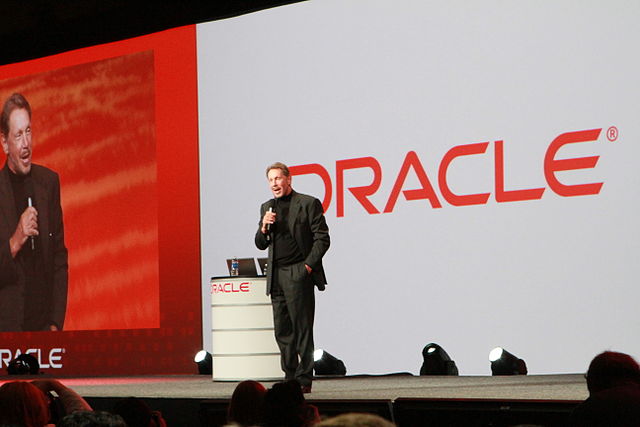I spent the summer of ’67, the Summer of Love, in Raleigh, North Carolina. Although the hippie thing hadn’t yet made it there, the city was still cool and somewhat hip, even though at first glance it appeared to be little more than just another sleepy southern capital, flush with tobacco money and not quite sure about the end of state-sanctioned segregation, which was just getting underway. Nearly fifty years later, Raleigh still has cool cred, although time has changed it greatly.

Last year I returned to Raleigh for pretty much the first time since the sixties to attend All Things Open (ATO) and saw hardly any evidence of the city I’d known nearly a half century ago. That was okay — time marches on. What I saw was vibrant and moderately hip, in a nerdy, geeky sort of way. I was conferencing, so I expected to see the city’s geek side — which I did in spades. So much so that I began to get the idea that Raleigh had morphed into something of an open source Silicon Valley.
Christine Hall has been a journalist since 1971. In 2001, she began writing a weekly consumer computer column and started covering Linux and FOSS in 2002 after making the switch to GNU/Linux. Follow her on Twitter: @BrideOfLinux



 Nope. I’m an advocate of free “as in speech” software — which includes the freedom to choose. If there’s a FOSS solution for something I need or want to do, I’ll take that every time, and encourage my friends to do so as well. However, if there’s something I need or want to do with no FOSS solution available, I might use a proprietary solution, depending on the depth of my need or want and on how draconian the terms of the proprietary EULA.
Nope. I’m an advocate of free “as in speech” software — which includes the freedom to choose. If there’s a FOSS solution for something I need or want to do, I’ll take that every time, and encourage my friends to do so as well. However, if there’s something I need or want to do with no FOSS solution available, I might use a proprietary solution, depending on the depth of my need or want and on how draconian the terms of the proprietary EULA.
 When my euphoria dropped to a more manageable level, I took some time to mull it over. Specifically, I was asking myself why Time Warner would include small towns almost fifty miles away from the city in this upgrade? I mean…gifts, horses, mouths and all that. I thought it was a legitimate question.
When my euphoria dropped to a more manageable level, I took some time to mull it over. Specifically, I was asking myself why Time Warner would include small towns almost fifty miles away from the city in this upgrade? I mean…gifts, horses, mouths and all that. I thought it was a legitimate question. 


 That was the end of it, or so I thought.
That was the end of it, or so I thought.

 In a PR piece posted on Tuesday,
In a PR piece posted on Tuesday, 
 Why is he quitting? Probably because he’s getting old and he can afford to retire; he turned 70 last month. Officially, according to him and the once and future king’s yes-men, it’s all part of carefully laid-out succession plans – meet-the-new-boss, the-king-is-dead and all that.
Why is he quitting? Probably because he’s getting old and he can afford to retire; he turned 70 last month. Officially, according to him and the once and future king’s yes-men, it’s all part of carefully laid-out succession plans – meet-the-new-boss, the-king-is-dead and all that.
